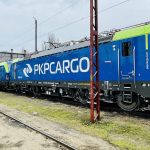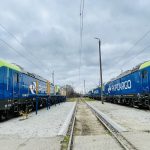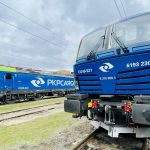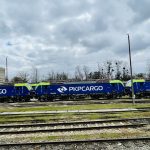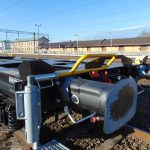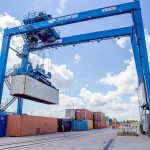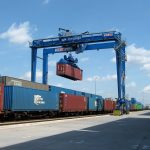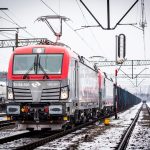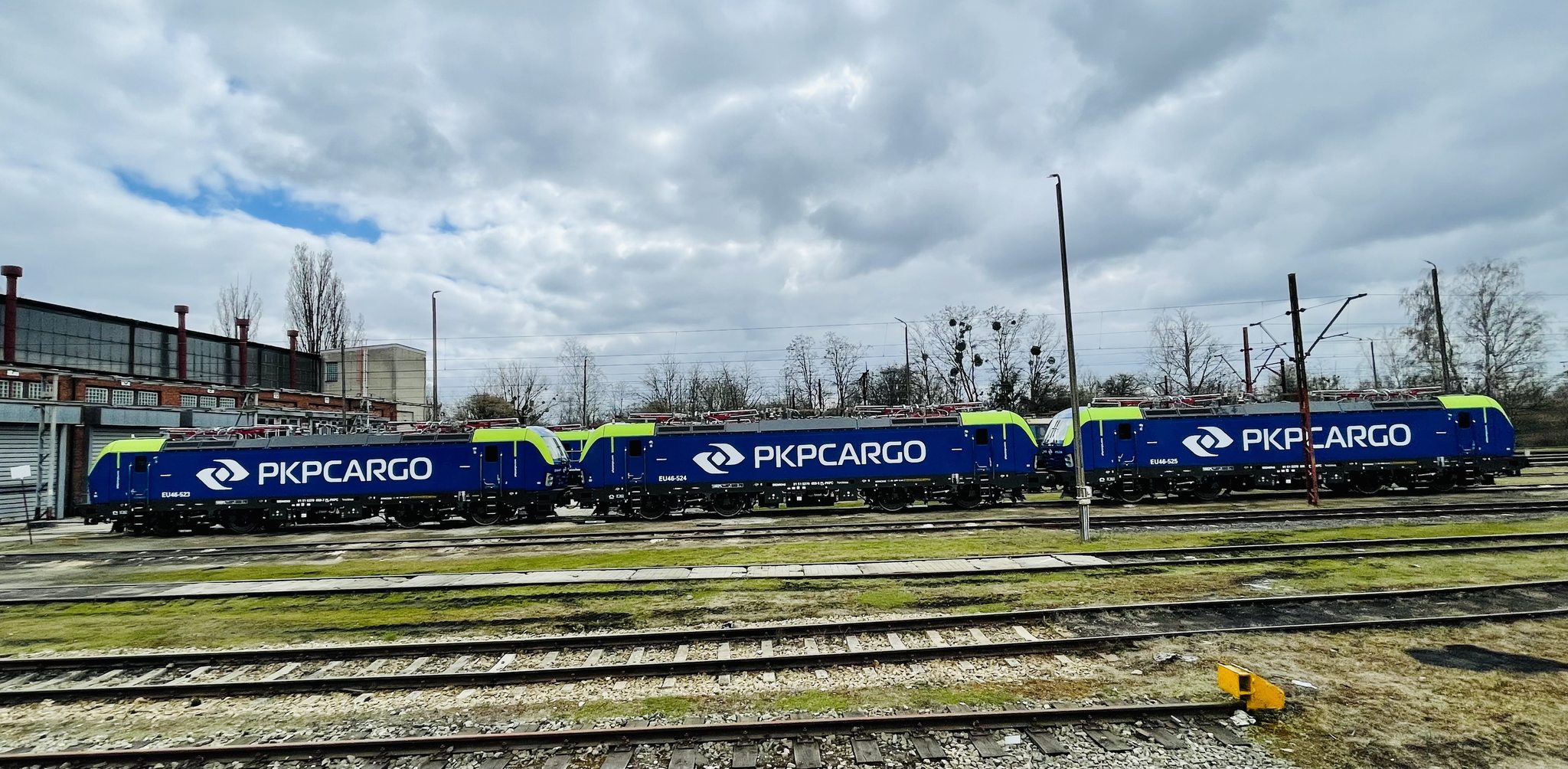 PKP Cargo has taken delivery of 5 Vectron MS locomotives from Siemens Mobility bringing its entire Vectron MS fleet to 25 units which allows Polish operator to provide cross-border transport services.
PKP Cargo has taken delivery of 5 Vectron MS locomotives from Siemens Mobility bringing its entire Vectron MS fleet to 25 units which allows Polish operator to provide cross-border transport services.
In September 2015, the company decided to sign with Siemens Mobility a contract for the delivery of 15 units, and in 2019 it exercised its option to purchase a further 5 electric locomotives. In 2022, the operator purchased another 5 vehicles, this time for the development of intermodal transport in Poland and Europe. Now the contract has been finalized and the last Vectron locomotives have been received.
“Every year PKP Cargo allocates most of its investment funds to the purchase and modernisation of rolling stock, as this is how we take care of increasing the company’s operational capabilities and, consequently, our competitiveness. The current purchase of the Vectron MS fleet is aimed at increasing PKP Cargo’s capacity for intermodal transport in international traffic. This direction is very important for us, as one of PKP Cargo’s strategic goals is to develop international haulage, especially on the markets of the Tricity countries,“ Dariusz Seliga, the CEO of PKP Cargo said.
In addition to the purchase of locomotives, the company also signed a contract to acquire 220 platform wagons from the consortium of Wagony Świdnica and Astra Rail Industries, both part of the Greenbrier.
The agreement signed by PKP Cargo with the Centre for EU Transport Projects provides for the co-financing of the purchase of 220 wagons-platforms for container transport and five multi-system locomotives from funds of the Cohesion Fund under the Infrastructure and Environment Programme. The value of both contracts amounts to approximately PLN 243.5 million net (EUR 52.9 million), of which almost PLN 92.4 million (EUR 20 million) is the EU co-financing.
“Once again, we have the opportunity to see how European Funds support the development of PKP Cargo. Thanks to the effective use of OPIŚ funds, the company is modernising its rolling stock through the purchase of intermodal platforms and modern multi-system locomotives, such as Vectron. We are particularly pleased with the prospect of further development of rail freight transport, which is an element of Poland’s sustainable and ecological transport system,“ Joanna Lech, Director at the Centre for EU Transport Projects, said.
The Vectrons are the most modern universal locomotives on the European market, with a modular design enabling easy adaptation to the requirements of use and specifics of running in different countries and different operating conditions. The locomotive was developed with a variety of transport tasks in mind. The basic premise for the construction of the vehicle was the efficiency and cost-effectiveness of the traction tasks in national and cross-border traffic, both for passengers and passengers. and cross-border passenger and freight traffic in Europe.
The Vectron MS fleet purchased by PKP Cargo has a power output of 6.4 MW in AC power and 6.0 MW in DC power, and have been equipped with an ETCS system in accordance with the current specifications (Baseline 3). They are approved for Poland, Germany, Austria, the Czech Republic, Slovakia and Hungary, with the Vectron platform vehicles – the only modern locomotives in Europe – being approved for operation in as many as 20 European countries.
“Vectrons are unique vehicles that are able to cross European rail borders without stopping. This is an important element which builds PKP Cargo‘s competitive advantage not only in Poland, but also throughout Europe. The lack of stops at the border means savings in rolling stock and driver time, lower energy consumption and significant benefits for the environment,“ Hubert Meronk, CEO of Siemens Mobility Sp. z o.o. said.
In addition to the delivery of the electric locomotives, the agreement with PKP Cargo also covers the full maintenance of all 5 vehicles until the first periodic repair at the P4 level (8 years), together with an option to perform this repair. In addition, Siemens Mobility will provide software to support the operation of the locomotives and a set of brand new spare parts and components included in the so-called anti-failure kit.
Share on:



